Why is Thailand, a country with a majority Buddhist population, in the top 10 countries exporting Halal products in the world ?
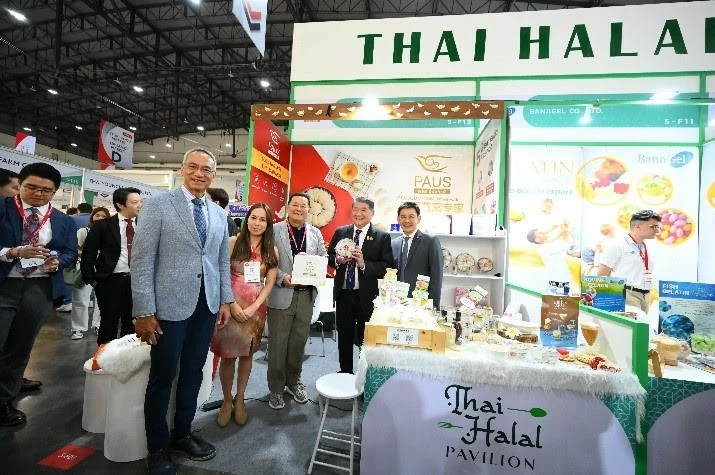 |
| Thailand Halal Pavilion at THAIFEX - ANUGA ASIA 2024 from May 28 to June 1 at IMPACT Muang Thong Thani. This is Asia's largest food and beverage exhibition. (Source: Alami) |
Thailand is currently the 8th largest exporter of Halal products worldwide, with export turnover reaching US$7.24 billion by 2023 and more than 180,000 Halal-certified products by 2024.
Leading position
Associate Professor Pakorn Priyakorn, Director of the Thai Halal Standards Institute, gave the information at a seminar earlier this month within the framework of the Global Halal Forum with the theme “Prospects for the Development of the Global Halal Industry: Opportunities and Challenges, Country Cases” at the 13th World HAPEX Thailand Exhibition in Hat Yai City.
Mr. Priyakorn pointed out that Thailand has developed into one of the global leaders in Halal food since 2001.
Responding to Ahram Online , Mr. Sorawud Preededilok (Thailand International Cooperation Agency, TICA) said, "Being in the top 10 countries exporting Halal products in the world proves that Thailand values the Halal food industry."
Regarding the reason why Thailand focuses on this emerging industry, Mr. Preededilok explained that exporting domestic products to the world is one of the important goals of the land of smiles.
“What drives Thailand to take the Halal industry seriously is that Muslims are the second-largest population after Buddhism,” he said, referring to the domestic consumption of the Muslim community, which accounts for nearly 6% of Thailand's total population.
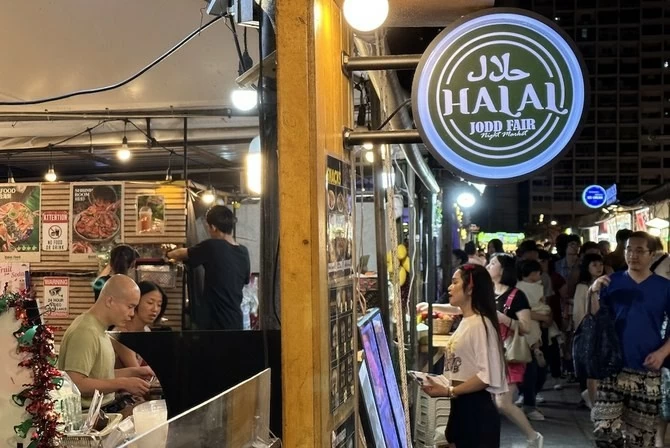 |
| Visitors look at a menu at a Halal food store at Jodd Fairs night market in Bangkok, Thailand, February 21, 2024. (Source: Arab News) |
The driving force is also Halal tourism . According to the Mastercard-CrescentRating Global Muslim Travel Index (GMTI) 2024 report, excluding destinations of the Organization of Islamic Cooperation (OIC), Thailand ranked 5th among the top destinations for Muslim travelers worldwide.
The achievement demonstrates Thailand’s commitment to improving the travel experience of Muslim tourists by increasing the choices and availability of Halal food, and incorporating Muslim-friendly amenities such as prayer spaces into tourist attractions, the report said.
Global Brand
With the aim of making Thailand a leading hub for healthcare and Halal tourism in the ASEAN region, World HAPEX Thailand has brought together names in the tourism, hospitality, healthcare, certification, governance and legislative industries.
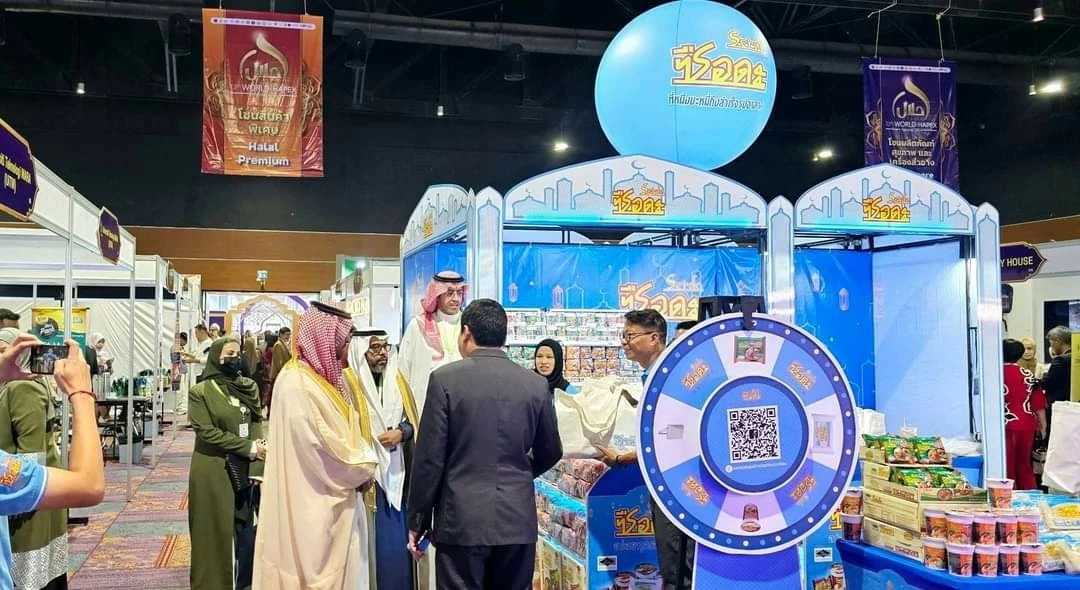 |
| Booth at the 13th HAPEX Thailand Exhibition from August 29 to September 1 in Hat Yai City, Thailand. (Source: Alami) |
This year’s annual global event is held in Southern Thailand with the theme “Halal Tourism, Hospitality and Healthcare”, an international conference and exhibition dedicated to Halal products.
According to Mr. Asman Taeali, Director of the Halal Institute of Prince of Songkla University - the organizer of the Global Halal Forum in coordination with the Ministry of Foreign Affairs of Thailand, World HAPEX and the Global Halal Forum aim to develop cooperation between countries in the Halal industry.
The aim of the forum is to “become a platform for information and expertise exchange between countries, ensuring that no party operates in isolation,” Taeali told Ahram Online.
This year’s event focused on various aspects of travel and wellness services as “Muslim travelers prioritize Halal food and prefer hotel rooms equipped with prayer mats and Qibla lights”, sometimes “looking to gyms with separate facilities for men and women”.
In fact, the Halal Institute plays a role in developing the staff and personnel in the Thai Halal industry to produce and provide Halal products and services.
“We have also established a specialized curriculum on Halal logistics management to complete the supply chain, in addition to training personnel for the Halal tourism industry and Halal healthcare services,” Mr. Taeali shared.
| According to the Thailand Department of International Trade Promotion, about 64,000 Thai companies have Halal-certified products. |
Consumer protection
Along with the Halal Institute at Prince of Songkla University in Hat Yai, Thailand has many organizations actively promoting the Halal industry.
Among them, the Halal Science Center at Chulalongkorn University in Bangkok plays a key role in ensuring the Halal status of products through rigorous scientific analysis and raising awareness through educational initiatives.
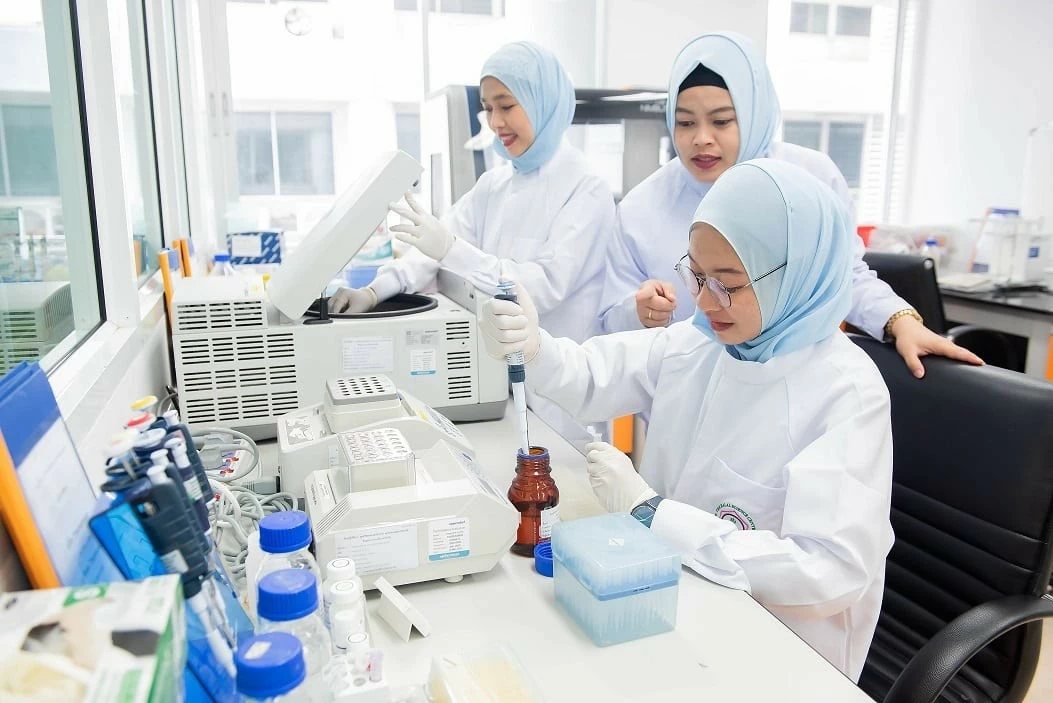 |
| Laboratory at the Halal Science Center at Chulalongkorn University in Bangkok. (Source: Chulalongkorn University) |
Ms. Sulida Wangchi, Assistant Director of the Halal Science Center, emphasized that the Center acts as a key support unit for Halal certification in Thailand to protect domestic and global consumers.
The center analyzes Halal products from four sources through its forensic lab. As part of its process, the center works with manufacturers to submit their products for testing for possible contamination, and the Islamic Commission reviews the products for Halal certification. If the Commission has any concerns about the Halal status of the product, “the center will step in to assist through its scientific expertise,” Wangchi said.
In addition, the Center's staff conducts random inspections by collecting samples from markets and supermarkets to ensure compliance with Halal standards. In some cases, the Center receives products from international sources abroad to confirm Halal status before releasing them to the market.
The centre also contributes to raising awareness of Halal standards. “We conduct lectures and receive many visitors from Islamic organisations and schools, both from Thailand and abroad, to inform about all aspects of Halal,” said Ms Wangchi.
***
With more than 160,000 Halal-certified products, Thailand aims to position itself as a regional Halal hub in the next four years, taking advantage of its proximity to Muslim-majority Southeast Asian countries as well as increasing food exports to the Middle East.
In early 2024, the Thai government established the National Halal Industry Committee to lead the Halal food industry and the Thailand Halal Industry Center to promote local food internationally. With a thriving Halal food industry ecosystem and Muslim tourism, the Southeast Asian country is poised to become a major force in the global Halal market.
The Thai government has approved a plan to make Thailand a leading halal hub in Southeast Asia by 2028, contributing to an increase in the country's GDP by 1.2% and creating about 100,000 jobs annually. The strategy focuses on five product categories (food; fashion; pharmaceuticals and herbal products; cocoa; services and tourism) with three main measures (creating demand, supporting supply and improving environmental standards). |
Source: https://baoquocte.vn/day-la-ly-do-thai-lan-nghiem-nghe-trong-top-dau-bang-xep-hang-ve-halal-287213.html



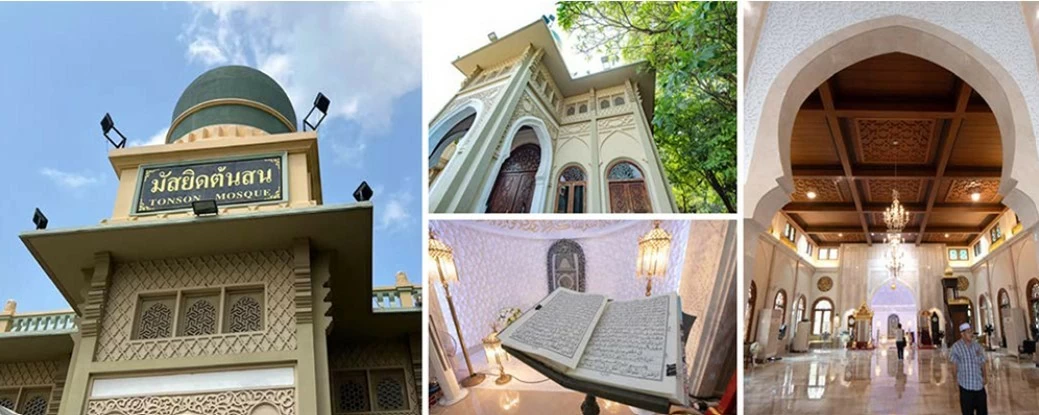
![[Photo] Prime Minister Pham Minh Chinh chairs the conference to review the 2024-2025 school year and deploy tasks for the 2025-2026 school year.](https://vstatic.vietnam.vn/vietnam/resource/IMAGE/2025/8/22/2ca5ed79ce6a46a1ac7706a42cefafae)


![[Photo] President Luong Cuong receives delegation of the Youth Committee of the Liberal Democratic Party of Japan](https://vstatic.vietnam.vn/vietnam/resource/IMAGE/2025/8/22/2632d7f5cf4f4a8e90ce5f5e1989194a)

![[Photo] President Luong Cuong attends special political-artistic television show "Golden Opportunity"](https://vstatic.vietnam.vn/vietnam/resource/IMAGE/2025/8/22/44ca13c28fa7476796f9aa3618ff74c4)
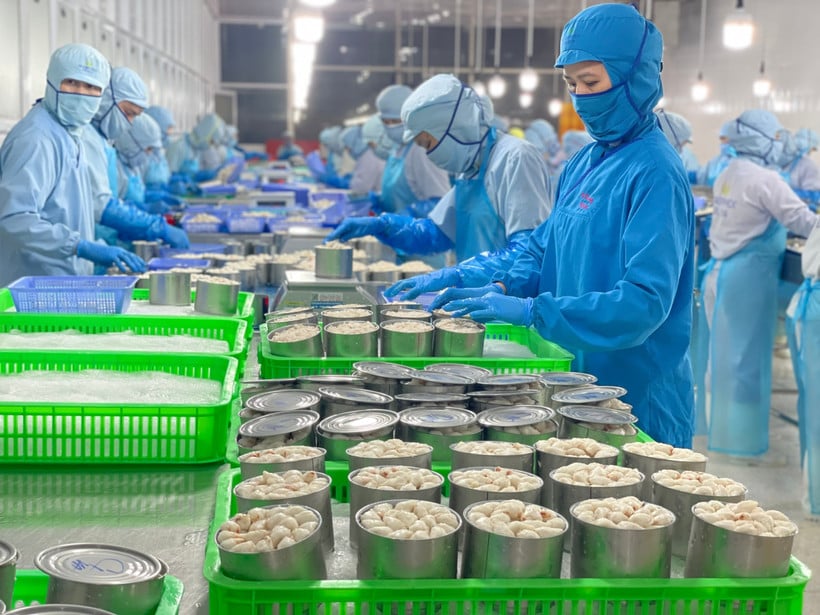

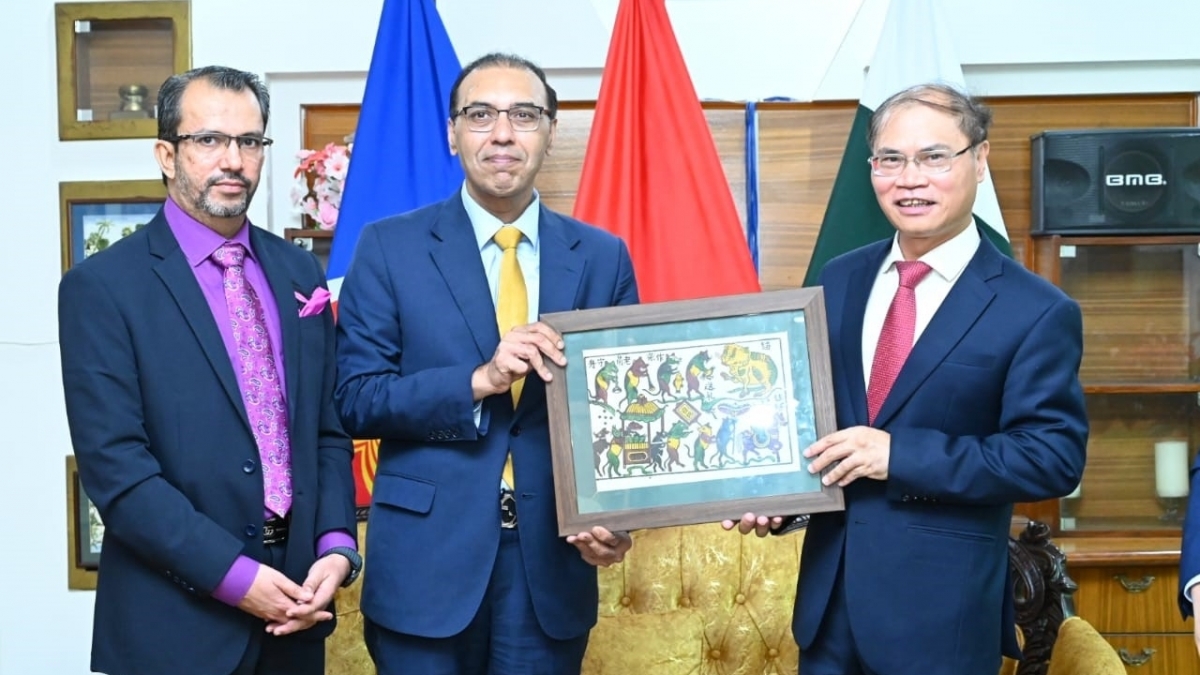
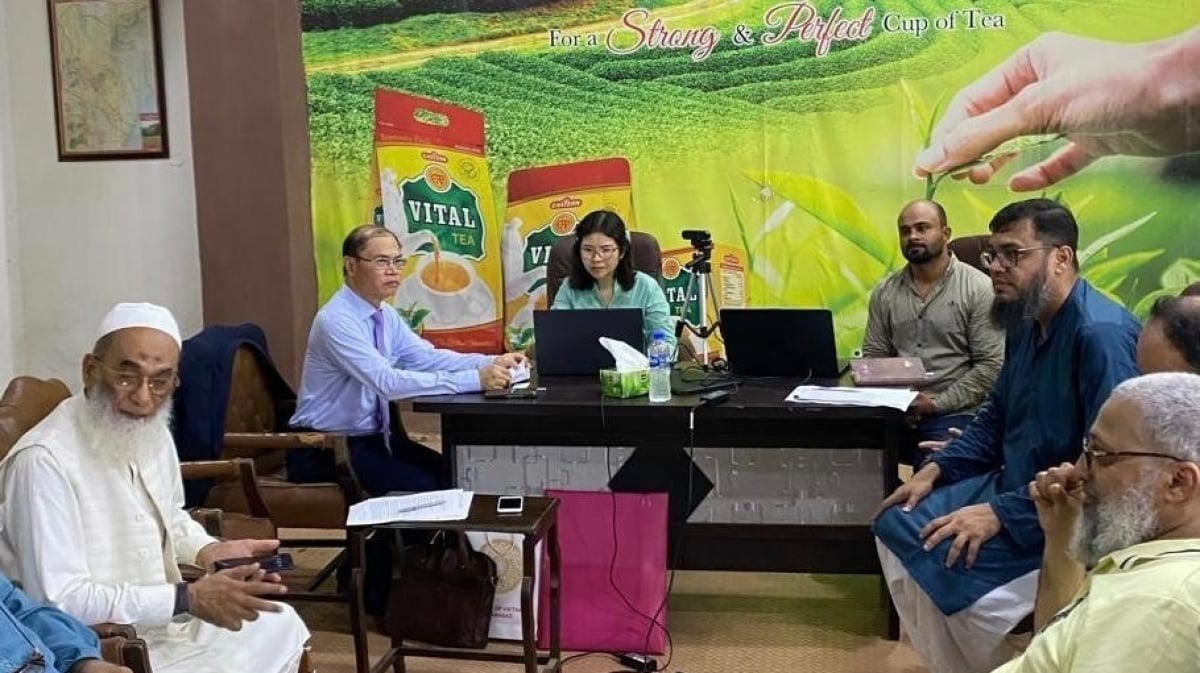
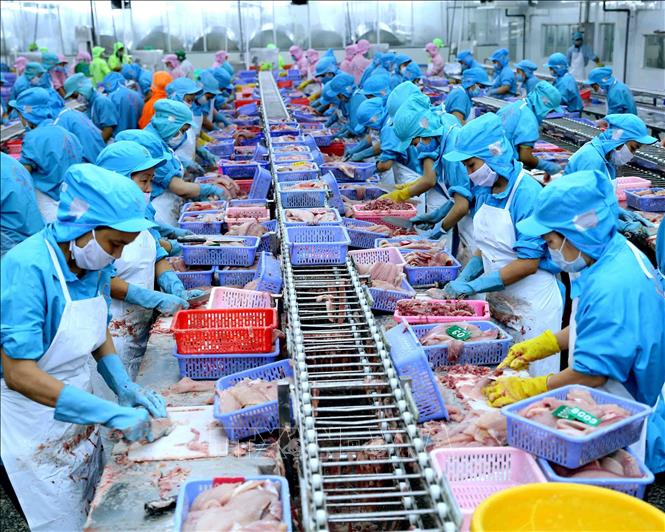

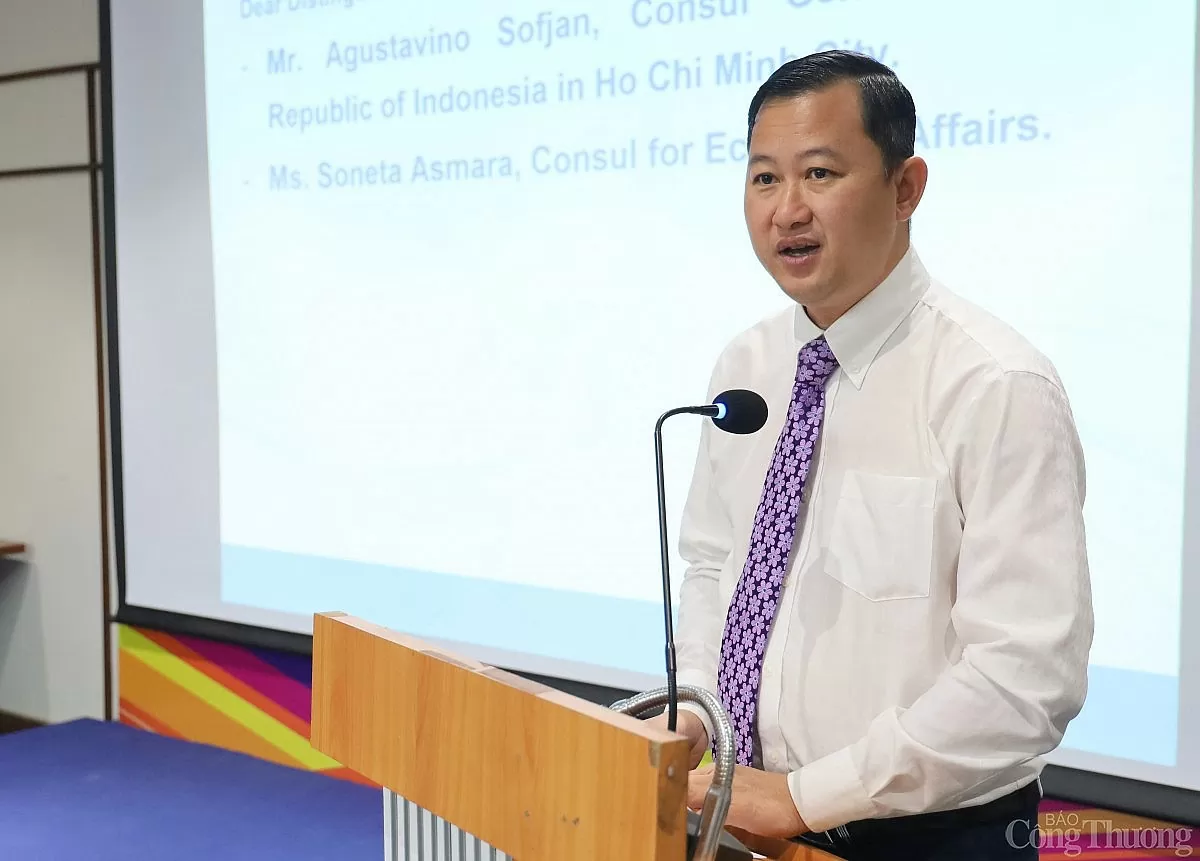

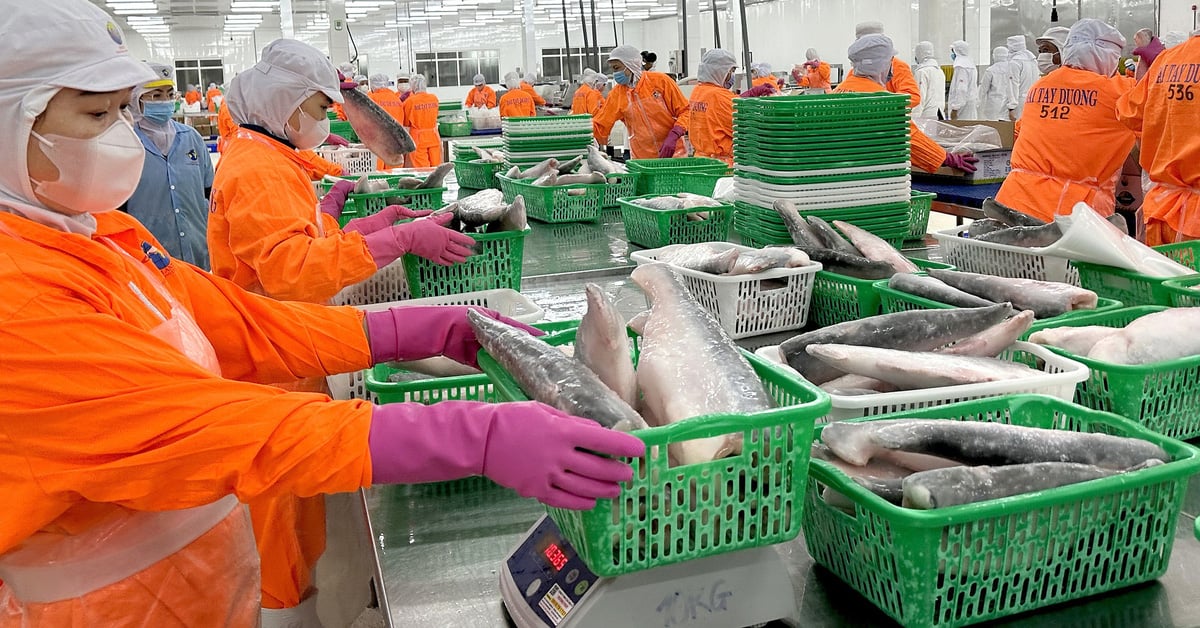



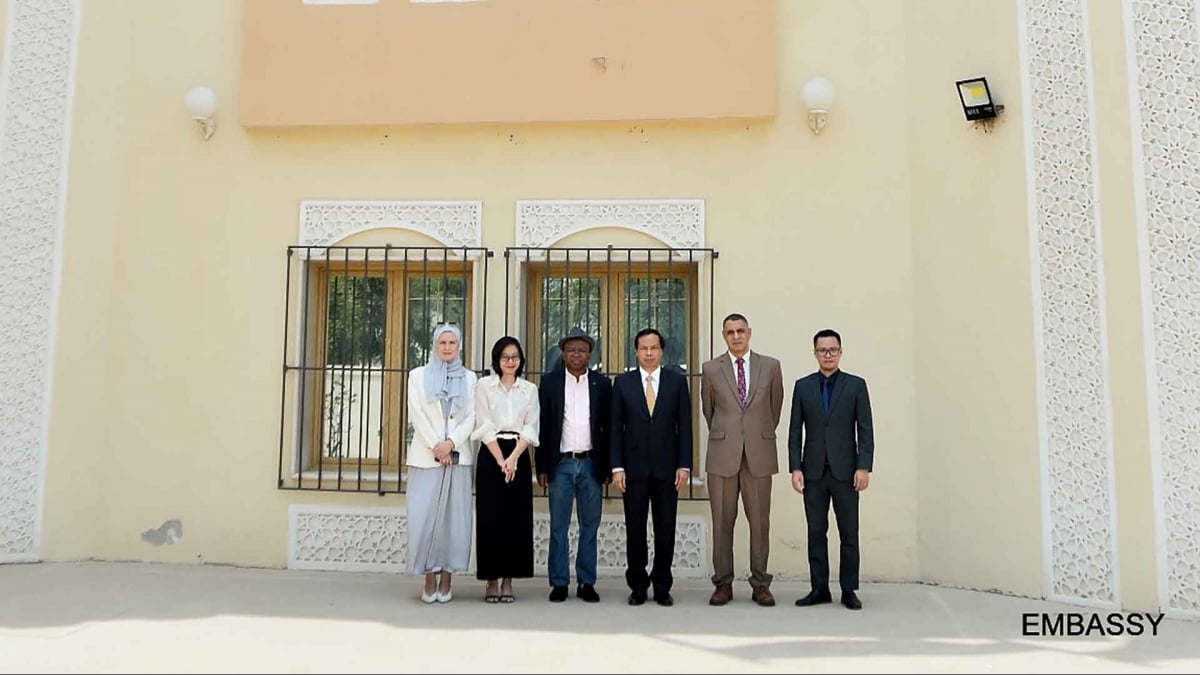
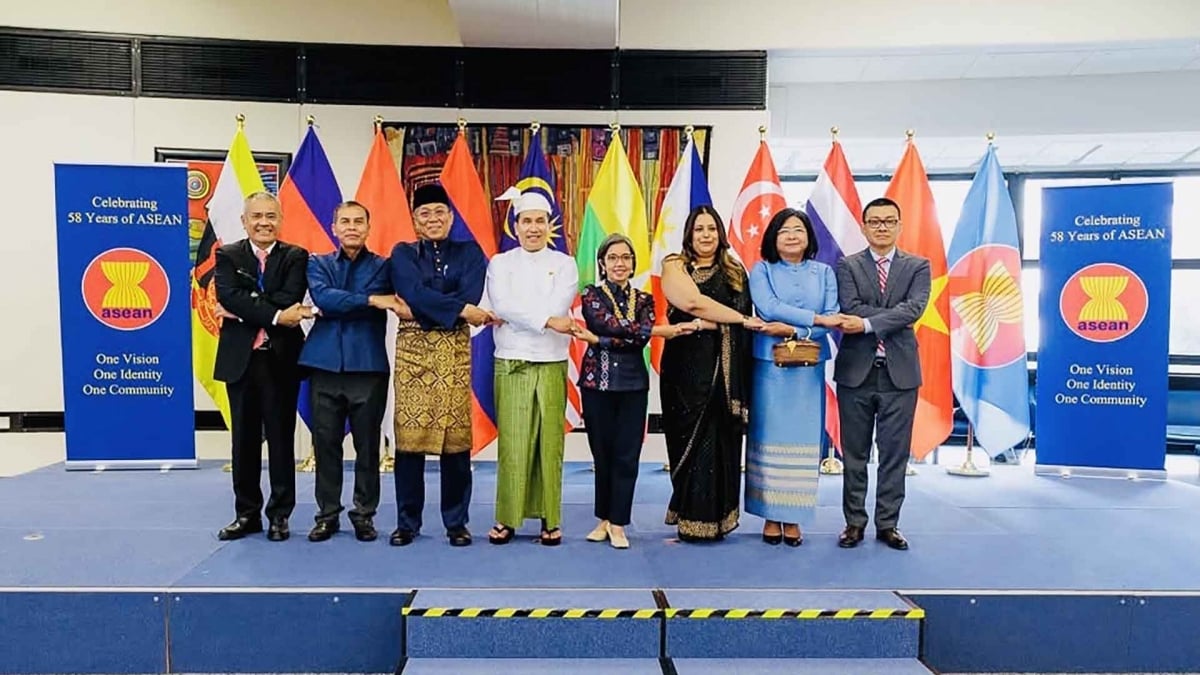
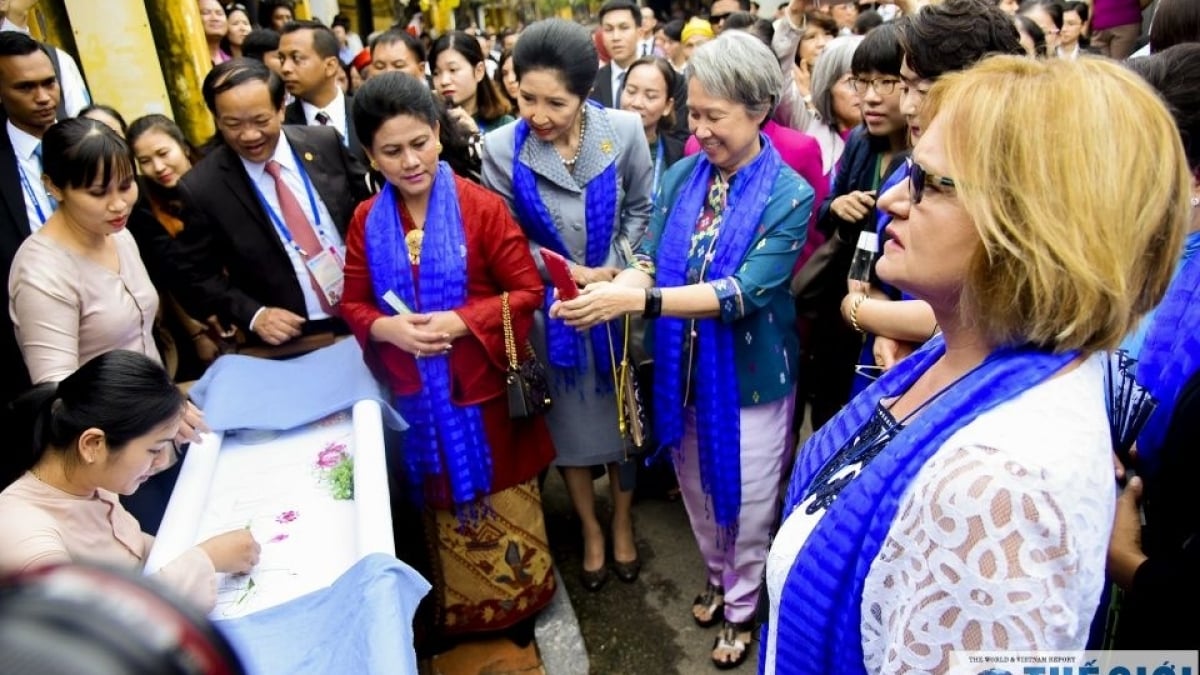
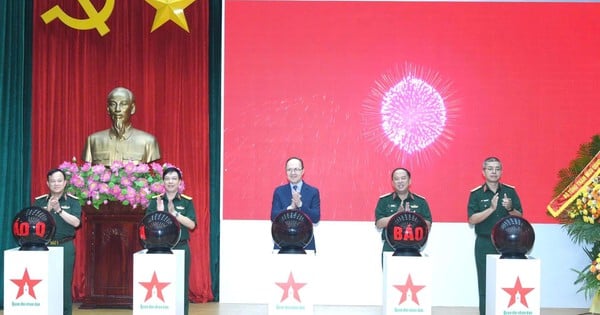

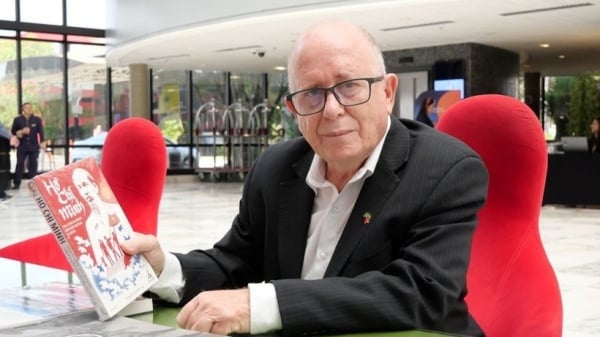





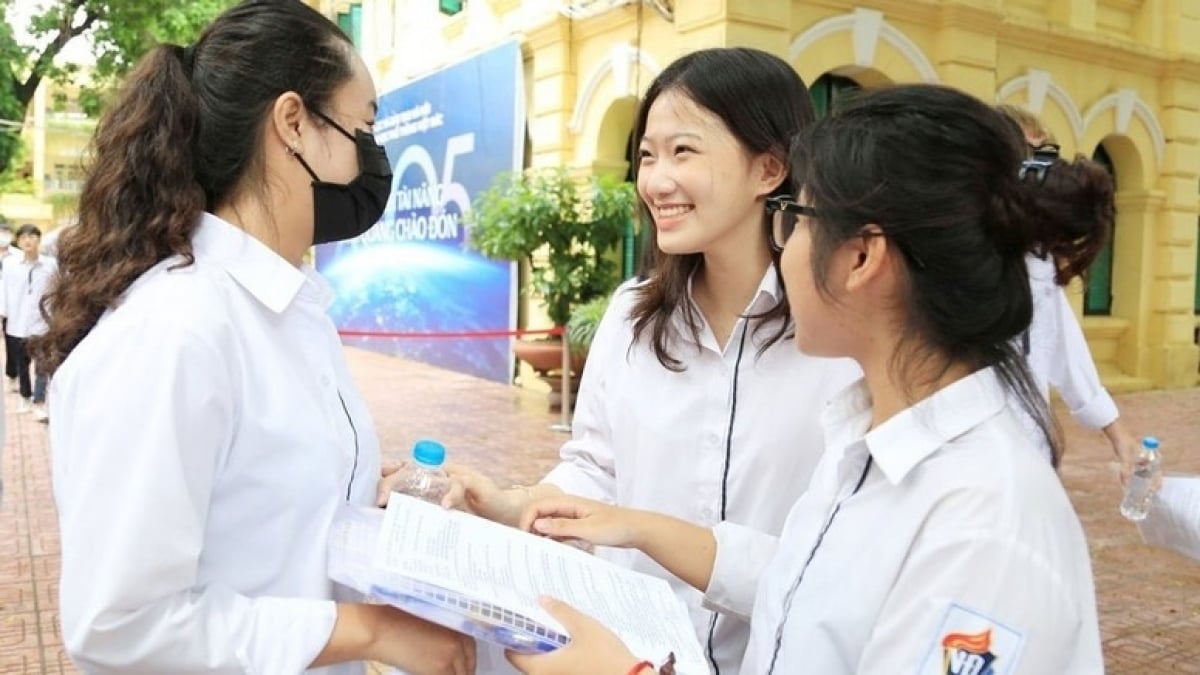


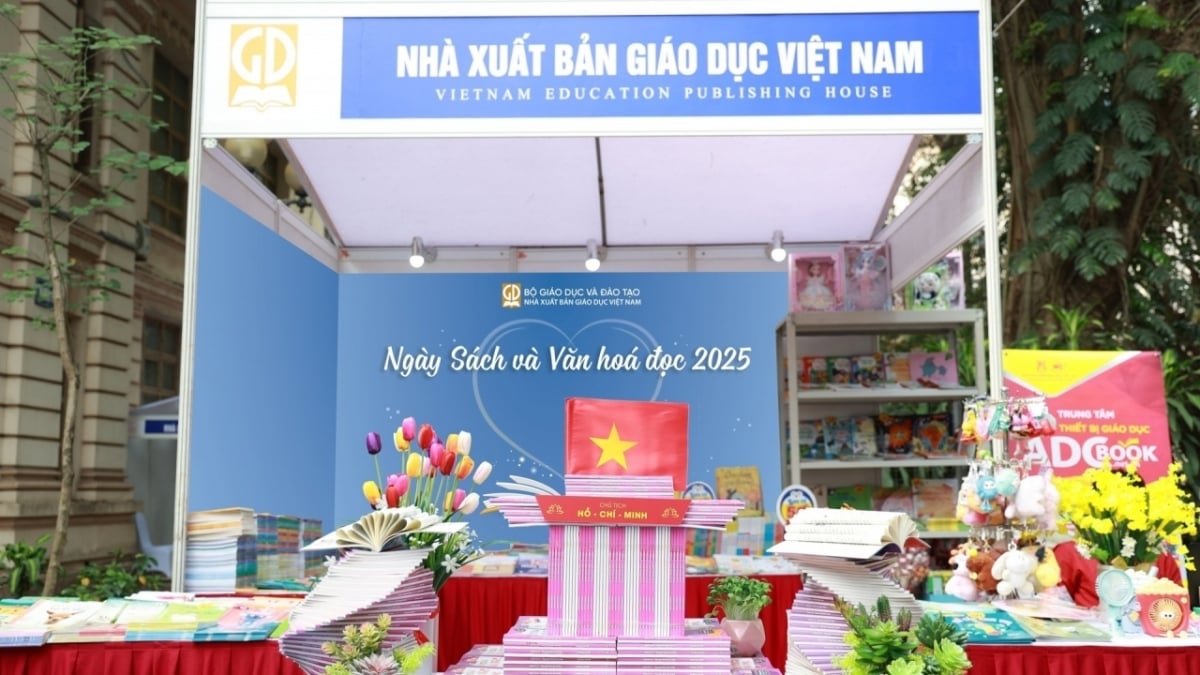





































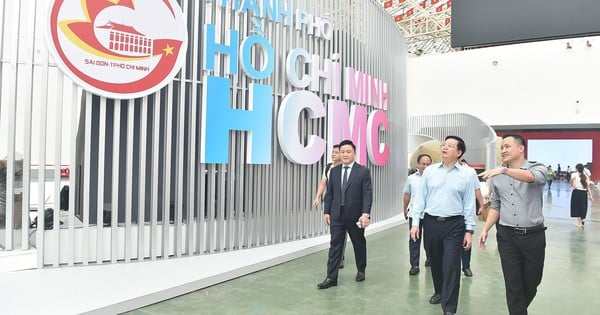

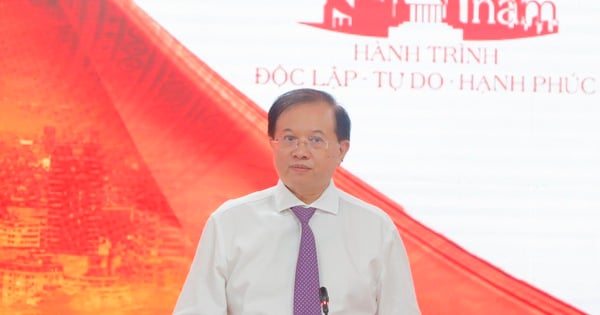
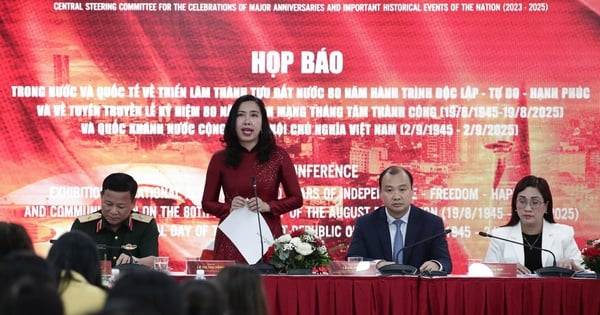
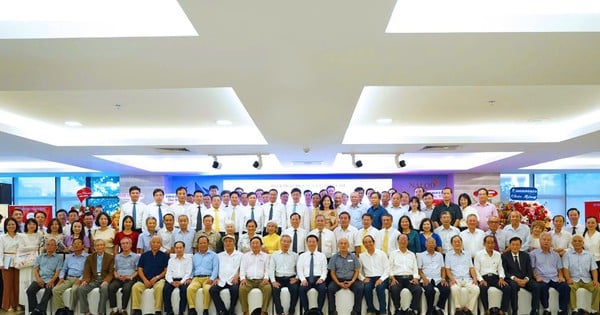

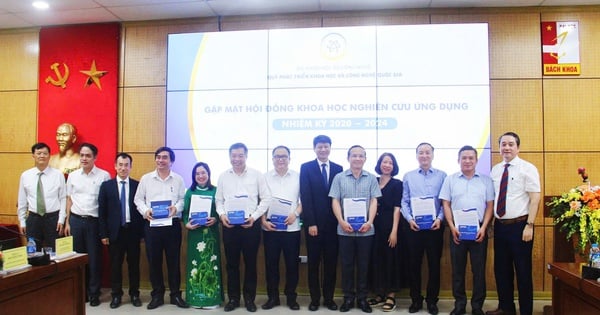

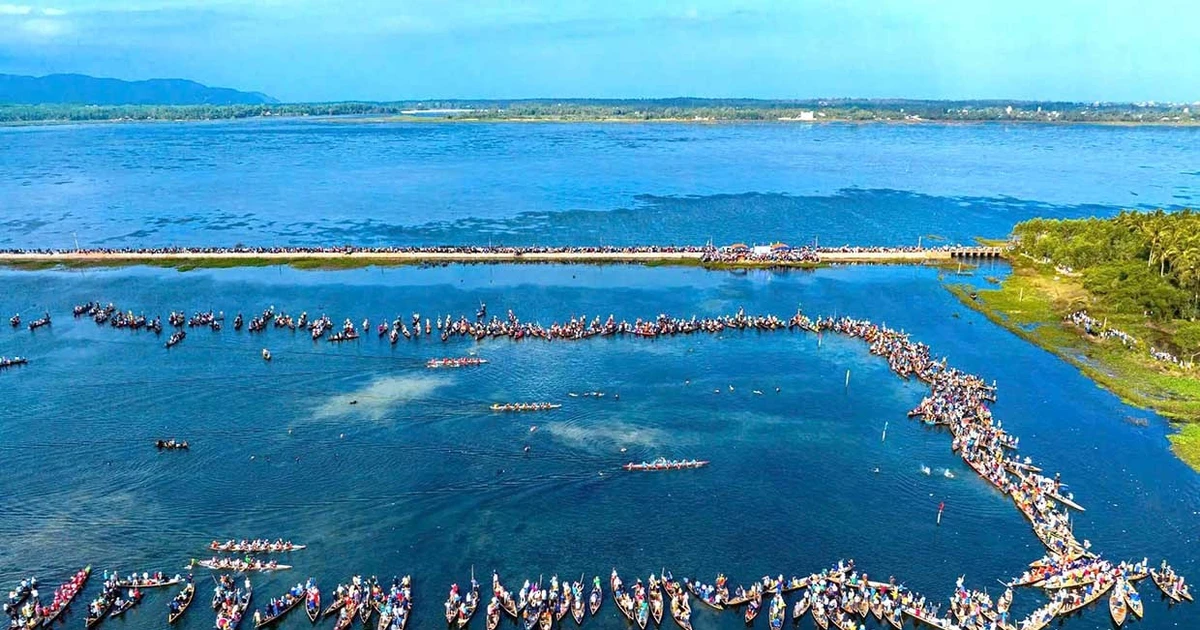

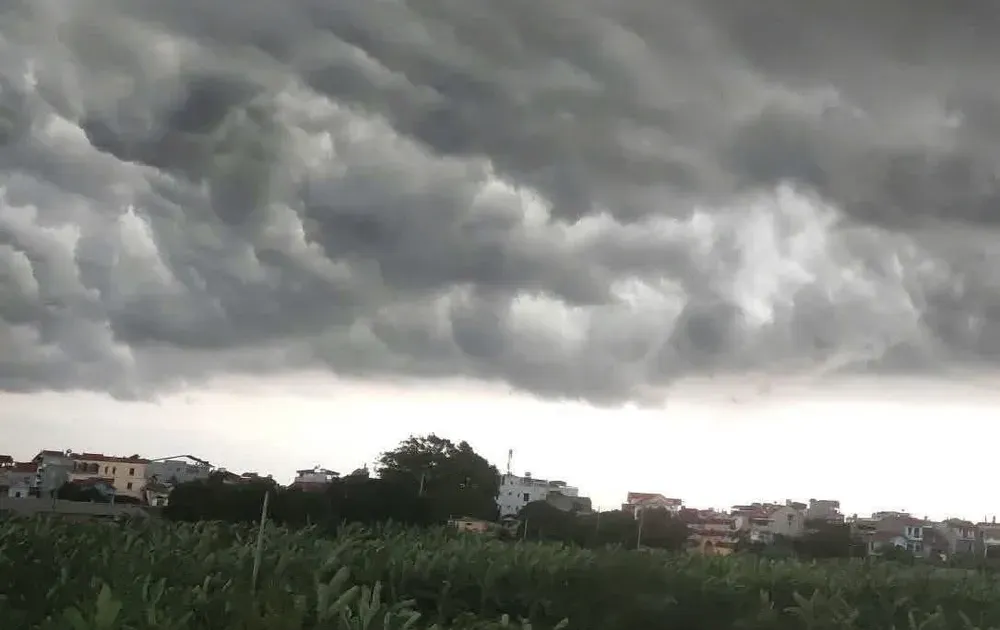
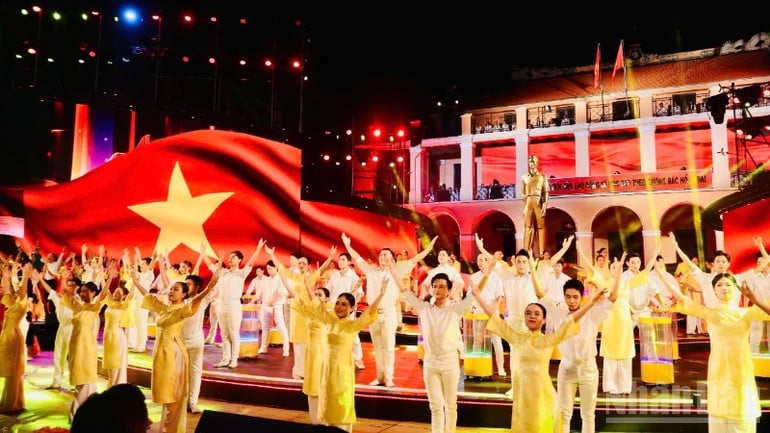

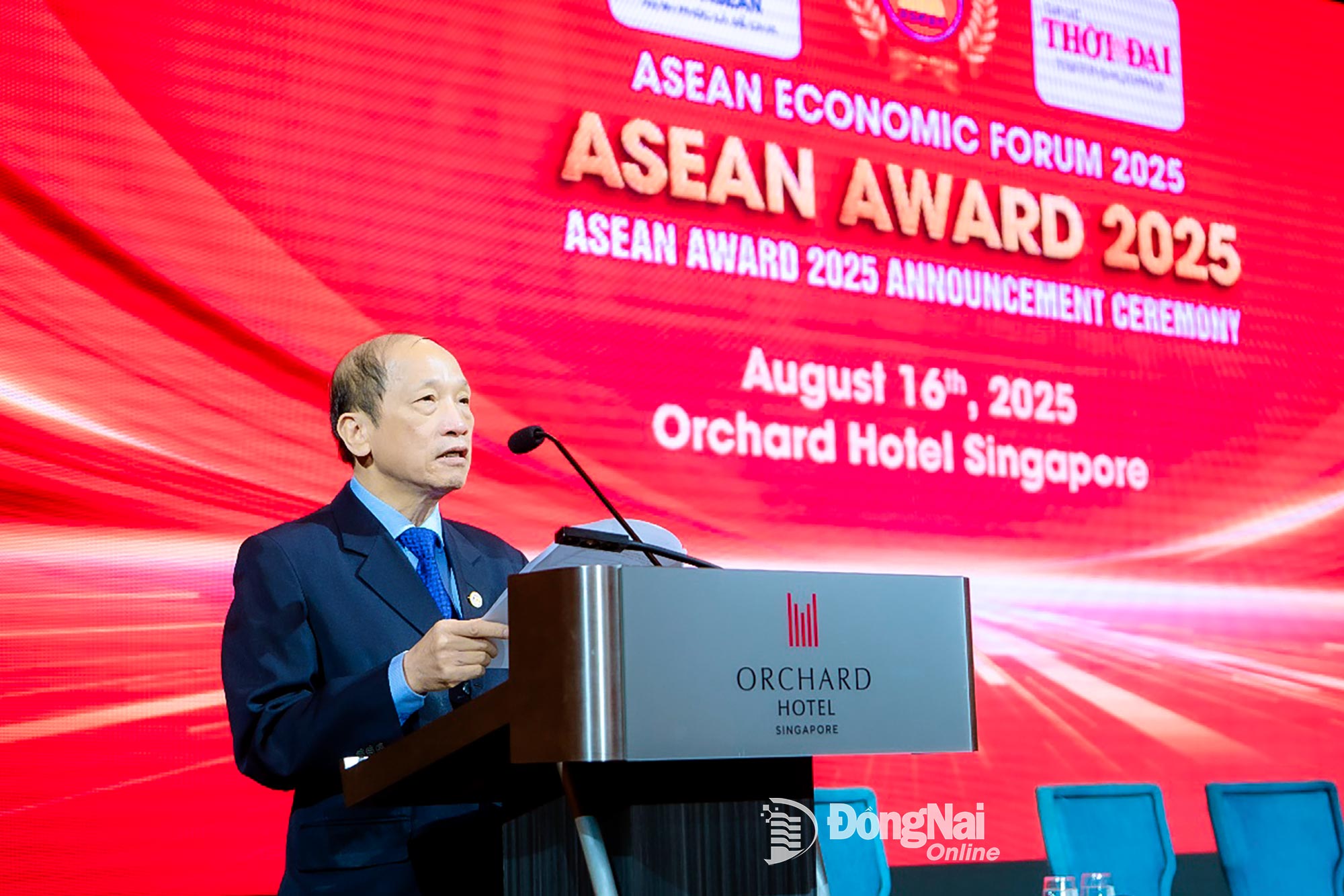
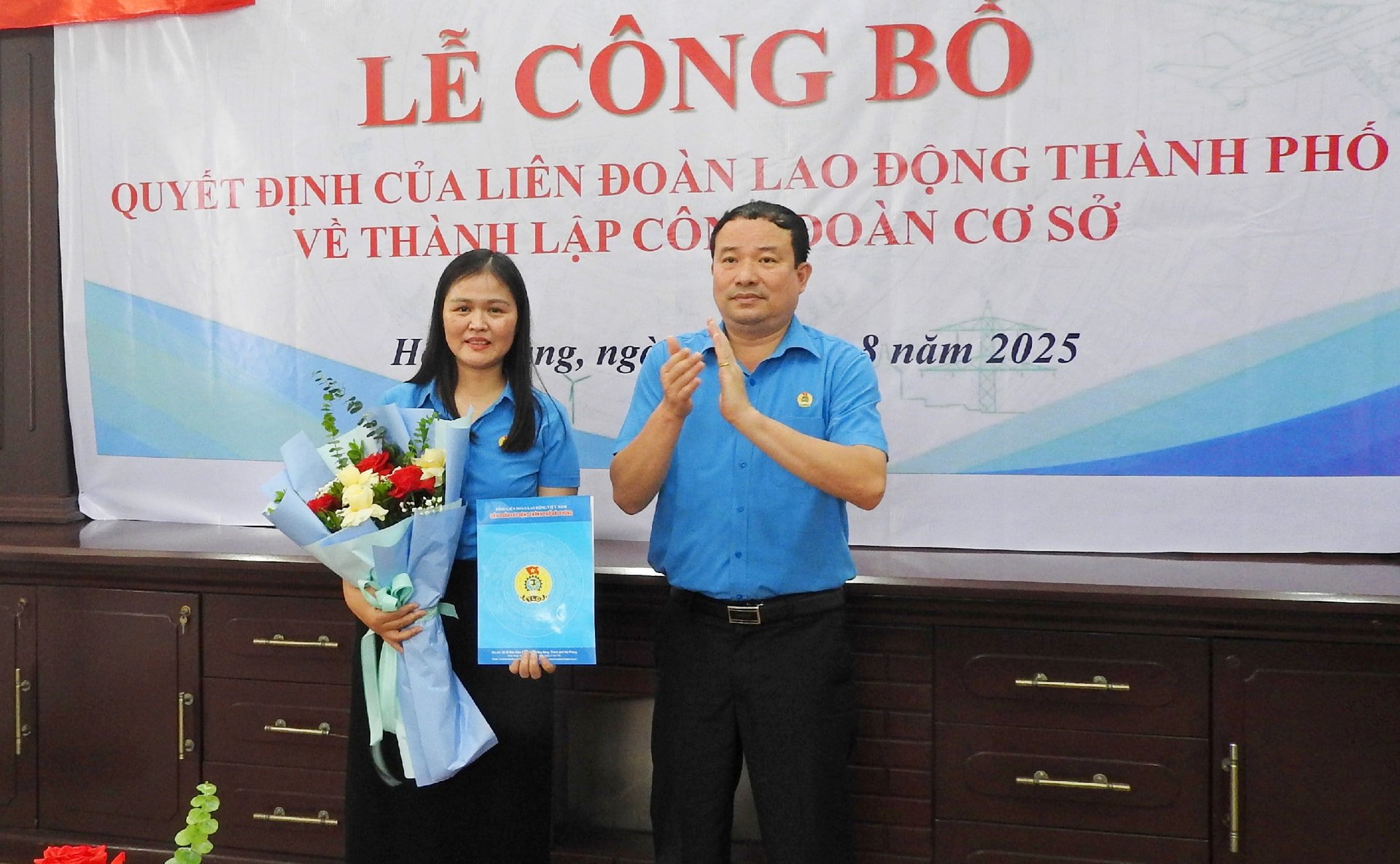

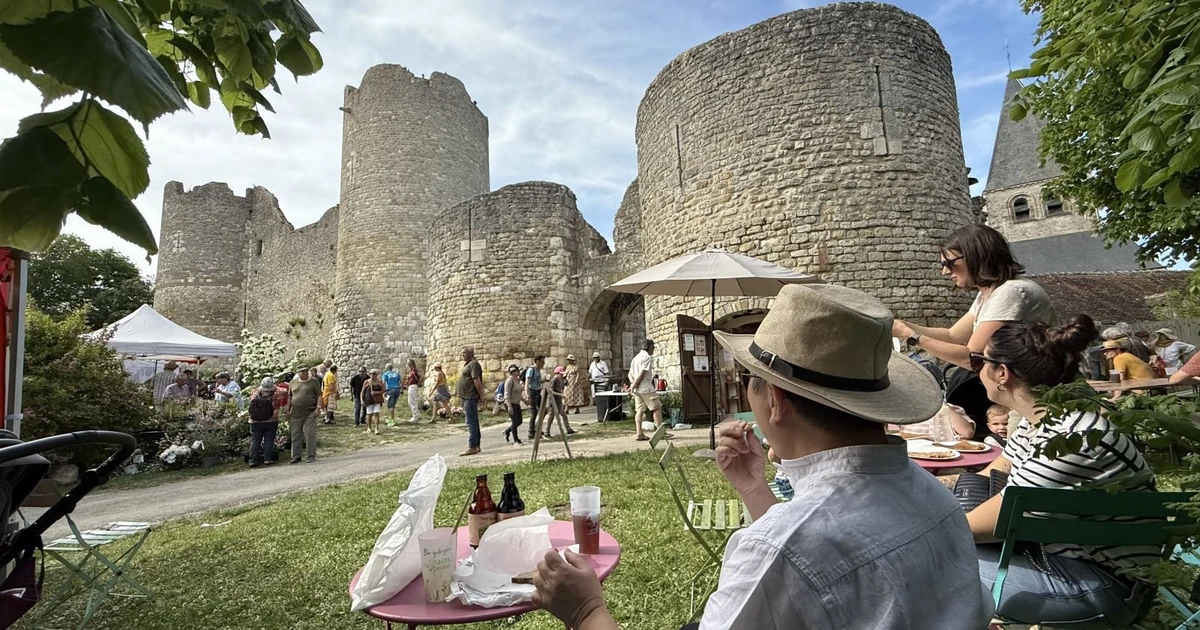















Comment (0)